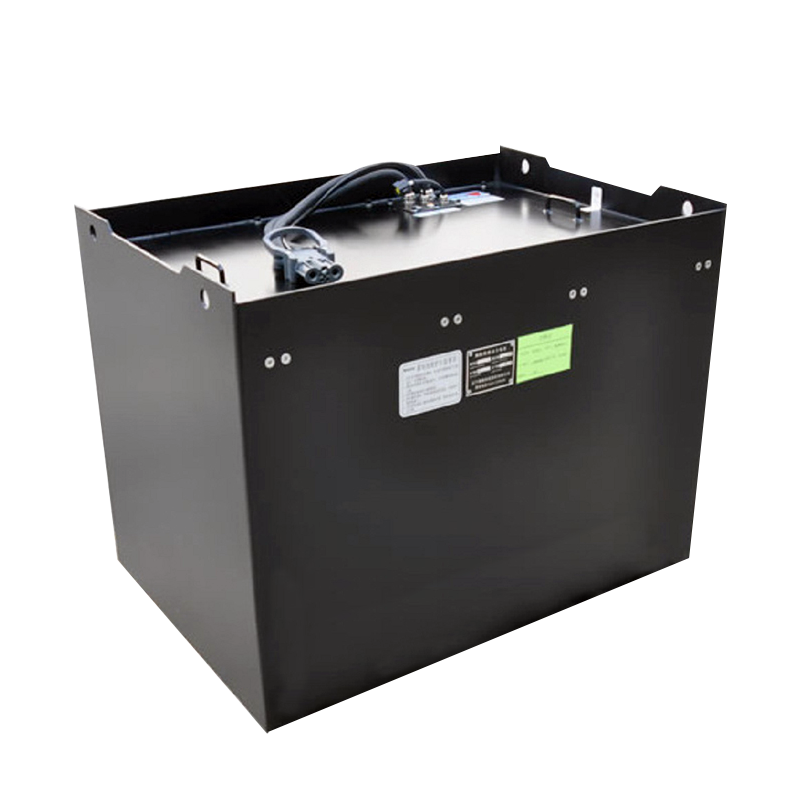Here are some key points and common safety measures regarding the safety of lithium batteries for golf carts:
Are lithium batteries safe?
In general, lithium batteries are relatively safe, but thermal runaway (overheating leading to fire or explosion) can occur in some cases. In order to ensure the safety of lithium batteries, both manufacturers and users need to take a series of precautions.
Safety measure
1. Advanced Battery Management System (BMS) :
• Functions: Real-time monitoring of battery voltage, current, temperature and other parameters to prevent overcharge, overdischarge, short circuit and overtemperature.
• Role: BMS is the core component that ensures the safety of lithium batteries and can automatically cut off the power or trigger the cooling system to avoid dangerous situations.
2. High-quality cells and materials:
• Choice: Use a rigorously tested and certified cell, such as lithium iron phosphate (LiFePO4) cell, because of its chemical stability and higher safety.
• Protection: flame-retardant materials are used to manufacture the battery housing and internal structure to enhance physical protection.
3. Good cooling design:
• Heat dissipation: Through natural convection, forced air cooling or liquid cooling, etc., to ensure that the battery maintains a suitable temperature during the working process.
• Effect: Effective heat dissipation can prevent the battery from overheating and causing safety accidents.
4. Regular maintenance and inspection:
• Maintenance: Check the battery status regularly, including appearance, cable, connector, etc., to ensure that there is no damage or loose.
• Testing: Perform performance tests to detect and deal with potential problems, such as increased internal resistance and reduced capacity.
5. Charger selection and use:
• Match: Use a dedicated charger that matches the battery specifications and avoid using inferior or incompatible charging devices.
• Environment: Charge in a well-ventilated, dry place, away from flammable items.
6. User training and awareness raising:
• Training: Provide users with operation and maintenance training to increase their awareness of the characteristics and safety requirements of lithium batteries.
• Guidelines: Provide detailed safety manuals and emergency handling guidelines to help users respond correctly when they encounter problems.
7. Comply with industry standards and regulations:
• Certification: Ensure that batteries and vehicles comply with relevant international and national standards, such as UL, CE certification.
• Supervision: comply with local laws and regulations to ensure the legal and compliant use of products.
Through the above measures, the lithium battery used in golf carts can achieve a high level of safety. As long as the manufacturer is strictly produced in accordance with the standards, and the user is correctly used and maintained, the application of lithium batteries in golf carts is safe and reliable.













